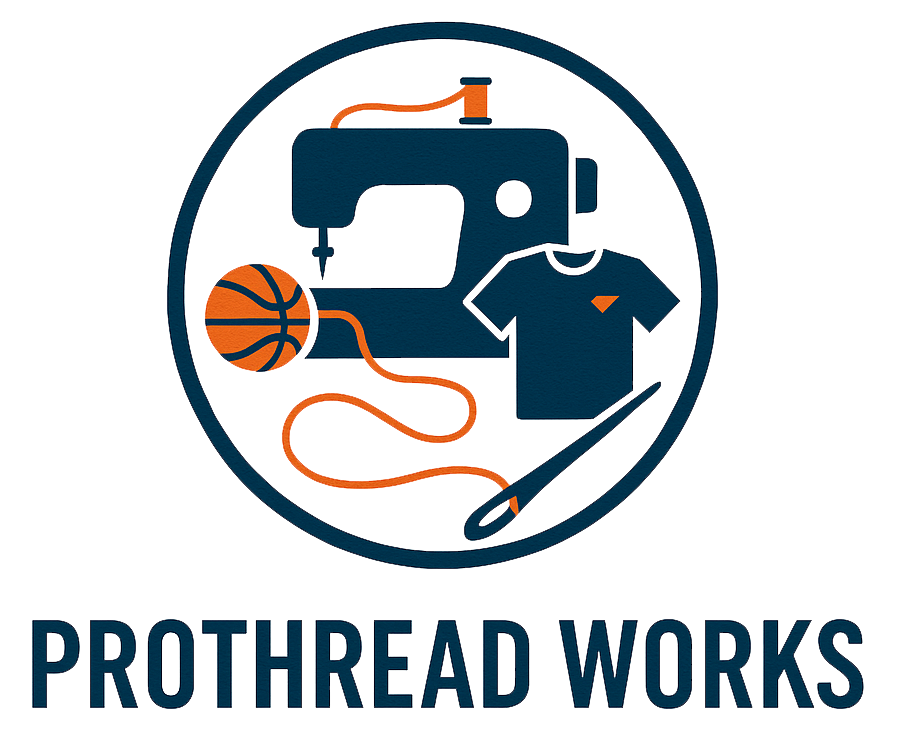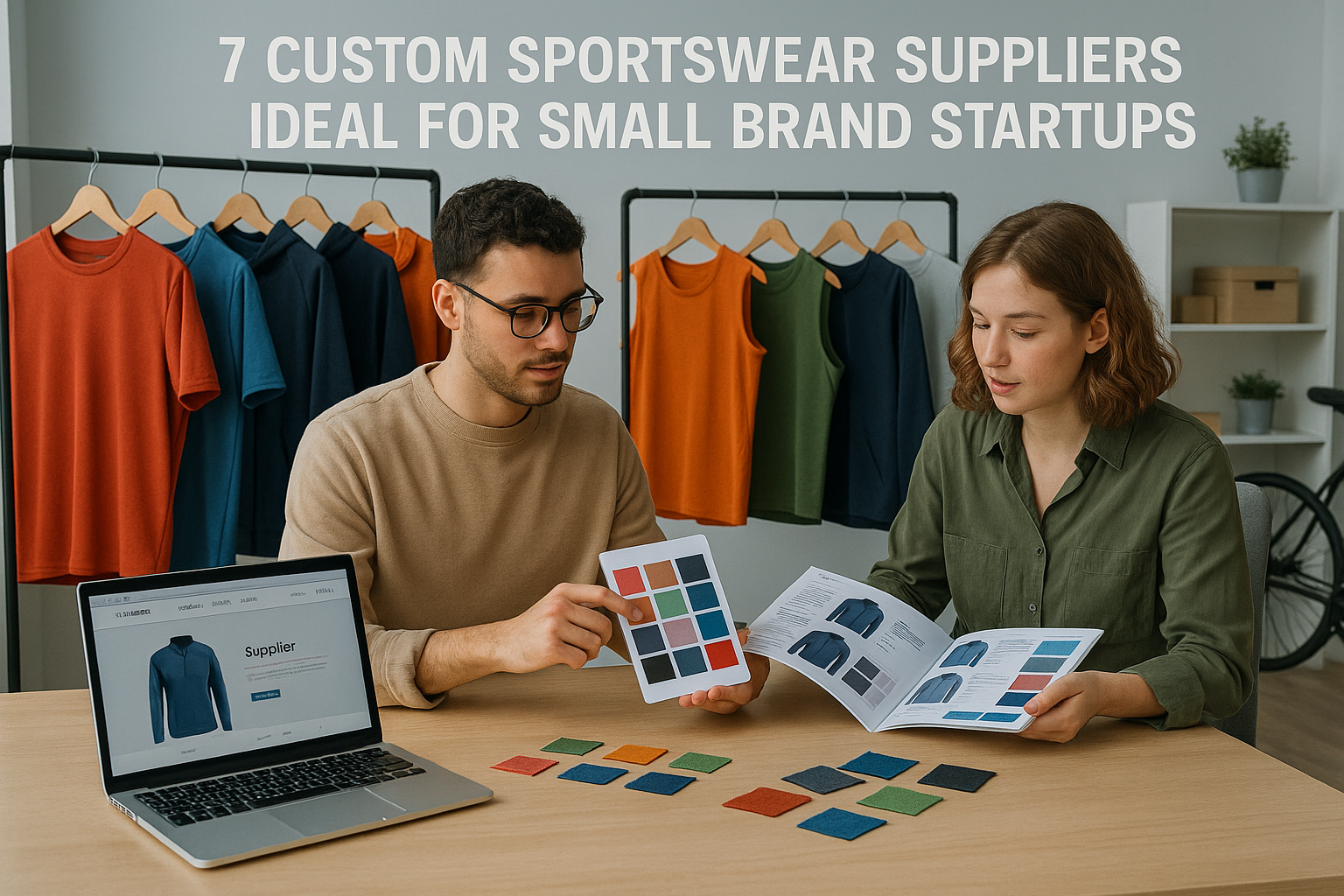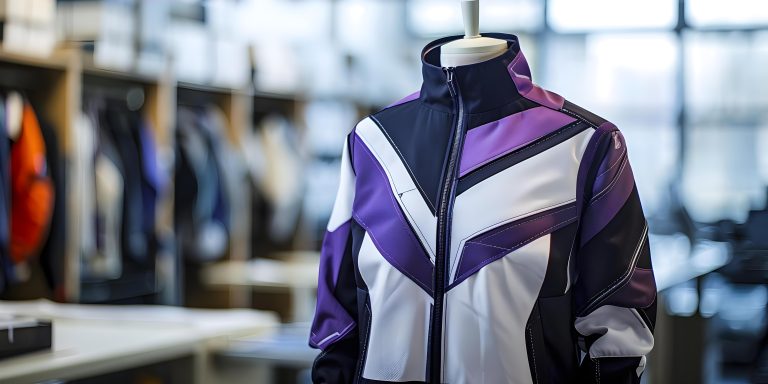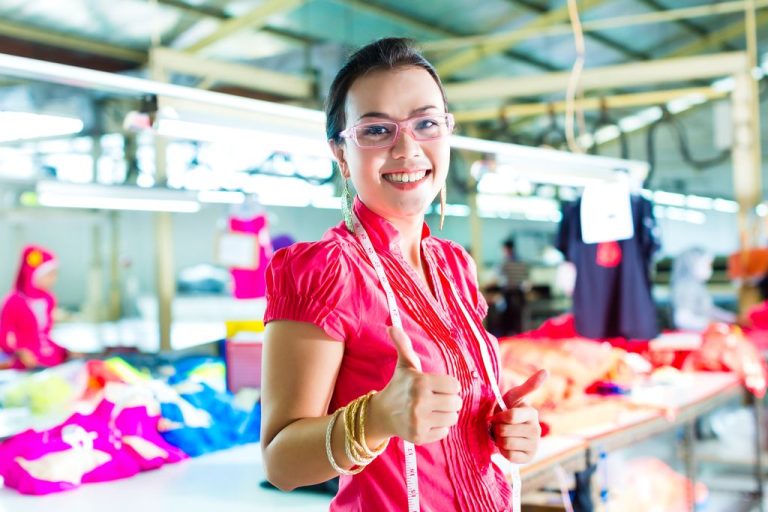Why “Custom Sportswear Suppliers” Matter for Small Brands
Sportswear is a huge market, with an estimated global value of around $188 billion in 2022. According to wifitalents.com, it’s expected to grow at a rate of 5.3% from 2023 to 2030. More people are buying active clothing not just for exercise, but for everyday activities, a trend often called “athleisure.” For a small sportswear startup, this is great news—there’s increasing demand, and plenty of space to carve out a niche.
To stand out, you need access to reliable partners who can help you create quality products. That’s where custom sportswear suppliers come in. They can provide low minimum order quantities (MOQs), help with specific fabrics or designs, and guide you through the production process.
Whether you want to produce yoga leggings, team uniforms, or casual athletic wear, these suppliers help bring your ideas to life. They also ensure that your apparel meets performance needs, like moisture-wicking or breathable fabrics, which can help earn your brand a good reputation.
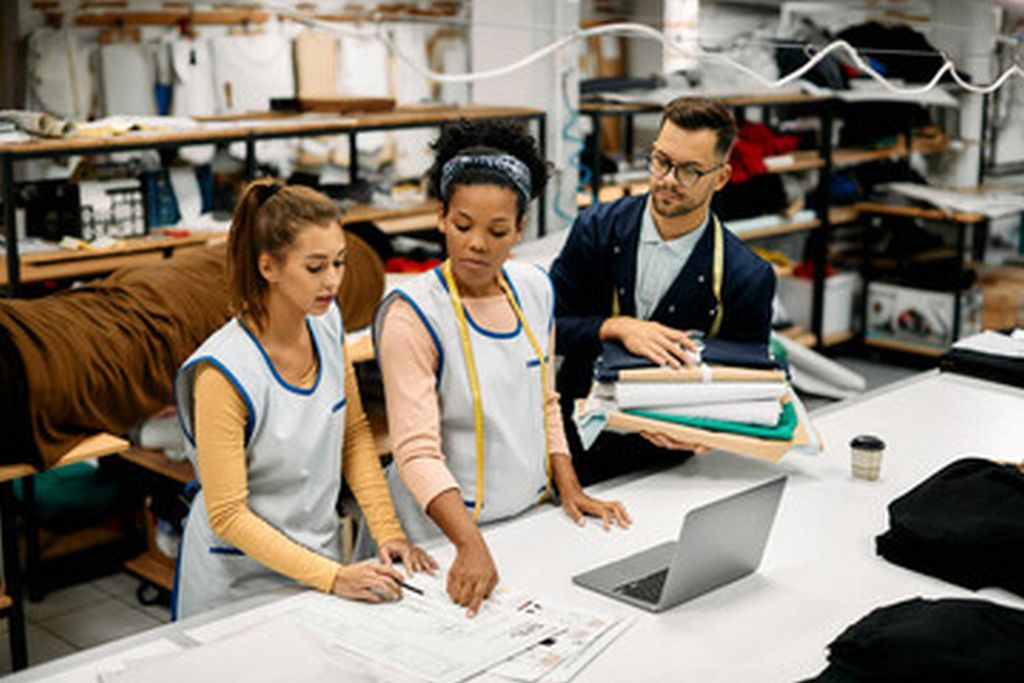
7 “Custom Sportswear Suppliers” to Kickstart Your Business
Choosing the right manufacturing partner can be a challenge if you’re new to the sports apparel world. You want top-notch quality, fair pricing, and flexibility in order sizes. Below are seven custom sportswear suppliers that often cater to small and growing brands:
- Sheico Group
Sheico Group is well-known for creating neoprene products and watersports apparel, such as wetsuits, drysuits, and more. They have facilities in Taiwan, Vietnam, Thailand, and Cambodia. While recognized for high-volume orders, they’ve also been known to collaborate with modestly sized brands, especially if you have a specialized niche (like triathlon wear or swim gear) and can show long-term growth potential. - Worldwide Brands, Inc.
Rather than a direct manufacturer, Worldwide Brands, Inc. is an online wholesale directory. Small businesses use it to find pre-verified suppliers, including manufacturers who handle custom sports apparel. For startups that are uncertain where to begin, Worldwide Brands offers a wide range of options and research tools to simplify the sourcing process. - Printful
Custom sportswear suppliers don’t always require you to hold inventory. Printful is a print-on-demand service with global fulfillment centers. You can design products like leggings, sports bras, or shorts, upload your designs, and list them in your online store. When a customer orders, Printful prints, packs, and ships the item for you. This system is ideal if you have limited capital or want to test new designs without ordering in bulk. - Suuchi Inc.
Suuchi Inc. is a U.S.-based supplier that focuses on cutting and sewing garments, including activewear. They offer supply chain management software, which makes it easier to track production stages and deadlines. Their team can help with design, prototyping, and quick turnarounds. This might be a solid choice if you want to label your apparel as “Made in the USA” or maintain closer supervision of your production process. - Contrado
Contrado allows you to create custom sportswear items—such as yoga pants, athletic tops, jackets, and more—with low MOQs. They ship worldwide and handle both the printing and sewing aspects. Contrado focuses heavily on printing quality and color accuracy, which is important if your brand identity relies on vibrant or complex graphics. - Sewport
Sewport connects designers and brands with clothing manufacturers. You can set your project details and budgets, and specialized factories can bid on your job. This platform is helpful for newcomers, especially if you want price quotes from multiple custom sportswear suppliers in one place. Sewport’s interface also includes chat and project management tools to keep you organized. - Indie Source
Indie Source is based in Los Angeles and provides end-to-end solutions, from pattern making to production runs. They offer guidance with sampling and small-batch manufacturing. If you’re aiming for premium athletic apparel or exploring sustainable fabric options, Indie Source can walk you through each step.
When weighing these suppliers, consider factors like shipping timeline, quality standards, location, and price. A successful partnership can help you reduce waste, streamline product launches, and build your brand’s reputation in a very competitive sportswear industry.
Working Successfully with “Custom Sportswear Suppliers”
After identifying a few potential custom sportswear suppliers, the work really begins. To make your partnership beneficial, here are some tips:
• Establish Clear Expectations: Create a tech pack or detailed design specifications. Include your choice of fabrics, size charts, and construction details. When suppliers know exactly what you want, your production process will go more smoothly, and it reduces the chance of errors.
• Request and Approve Samples: Before committing to bulk production, order samples. Evaluate stitching, fabric feel, and overall quality. Some suppliers may charge for samples, but the cost is worth it if it helps you avoid large-scale problems later.
• Negotiate MOQs: Many first-time founders worry about huge minimum orders. Some custom sportswear suppliers have set MOQs, but you can often negotiate a smaller run if you talk about scaling up in the future. Keep in mind that producing too few pieces might raise your cost per item, so stay realistic about your budget.
• Use Project Management Tools: Tools like Trello or Slack can help you communicate effectively. You can track design approvals, shipping updates, and overall production timelines. Staying organized will keep your costs in check and help maintain a positive relationship with the supplier.
• Prepare for Growth: If your sportswear line becomes successful, you’ll need to scale up fast. Ask suppliers about their increased capacity and how they handle larger orders. You don’t want to build a loyal customer base only to run out of stock or compromise quality when demand rises.
By following these strategies, you’ll be better positioned to collaborate with your chosen partners. A good working relationship often means fewer production hiccups, more consistent quality, and reduced time to market.
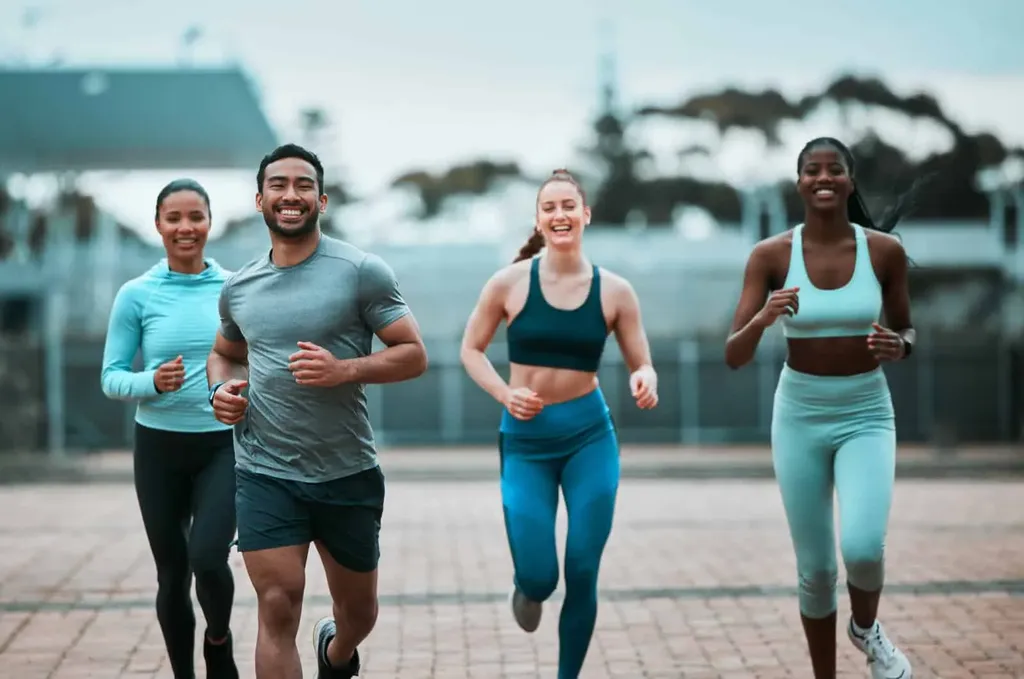
Emerging Trends Impacting “Custom Sportswear Suppliers”
Just as sportswear itself keeps evolving, so do the strategies and demands within the industry. Staying informed about these changes can help your brand thrive:
1. Sustainability and Ethical Production
It’s reported by wifitalents.com that sustainability is a key factor for at least 70% of athletic apparel consumers. They look for eco-friendly fabrics, reduced plastic usage, and fair labor practices. Custom sportswear suppliers that prioritize sustainable materials or use energy-conscious production methods will become more popular. If your supplier offers organic cotton, recycled polyester, or other eco-friendly fabrics, let your customers know. That transparency can set your brand apart.
2. E-Commerce Dominance
Online sales of sportswear make up around 40% of the total market, with that figure likely to climb. This is a huge advantage for small brands because it’s now easier to reach a wide audience without expensive retail overhead. “Direct-to-consumer” is also the norm for many new sportswear brands. By partnering with custom sportswear suppliers who can handle dropshipping or fast fulfillment, you’ll be able to meet consumer expectations for quick delivery.
3. Technological Advancements in Fabric
Today, sportswear often goes beyond basic comfort. Some apparel uses new technologies like moisture-wicking, odor control, or temperature regulation. If your supplier can incorporate these materials, you’ll cater to the modern athlete’s performance needs. Meanwhile, 3D garment simulation software (like CLO 3D) is also on the rise, helping brands shorten the prototyping phase and reduce waste.
4. Growing Women’s Markets
Women’s sportswear is growing faster than men’s, at an estimated 6% CAGR. Many female consumers favor stylish athleisure items that transition from gym to everyday life. Custom sportswear suppliers that can keep up with bold prints, fashionable cuts, and inclusive sizing will help you tap into this booming demographic. Including extended sizes or modern prints can help build a loyal buyer base.
Overall, these trends highlight the importance of flexibility. As customer preferences, technology, and world events shift, a good supplier will be ready to adapt quickly—allowing your new brand to stay relevant.
Conclusion
Selecting the right custom sportswear suppliers is a critical step for small brands eager to stand out in a bustling industry. By putting a spotlight on sustainability, tech-savvy designs, and quality production, you can build apparel that wins over fans and keeps them coming back. Whether you choose partners like Sheico Group or Suuchi Inc., the key is strong communication and clear planning.
As you head into production, don’t forget to stay on top of market trends, leverage e-commerce, and negotiate fair but flexible orders with your chosen custom sportswear suppliers. The sportswear market is expected to reach $260 billion by 2027, and there’s plenty of room for fresh labels. With the right mix of product quality, brand image, and marketing strategy, you can carve out your own successful spot in a field that shows no signs of slowing down.
